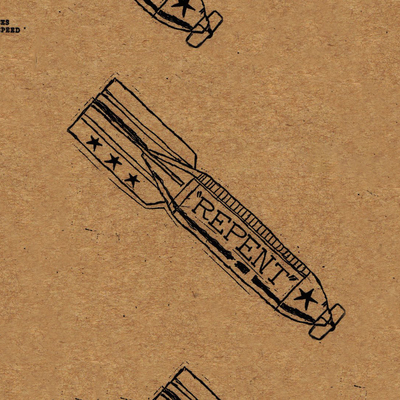the same free tools to activate windows even works without any changes.
Beyond the scummy shit of selling the same OS with just a slight UI change as a completely new thing, I think it's truly remarkable that they haven't been noticeable new operating systems. Apple has been revamping OS X for more than a decade now, no new kernels have popped for like more than 20 years. Every innovation is just a bunch of garbage cloud shit. We really, truly reached the technological peak for personal computing.
Depends on what you mean by "operating systems". NT, Darwin, and Linux kernels have not been replaced, true. But an operating system is not just the kernel. There have been many different changes underneath the hood that are not as evident to non-technical users as UI revamps. I won't speak for Windows, but Linux saw many innovations both in kernel-space and in user-space, for sure. For example, systemd, Wayland, and PipeWire.
Then there's Fuchsia, which is not only a different OS, but a completely new kernel.
Oh yeah I completely forgot about all of those lmao. Fuchsia particularly.
There is probably little benefit to starting an operating system from scratch.
But stuff like games can sometimes benefits from switching engines and basically starting the code from scratch
Isn't the lack of radical innovation just a sign of OS technology maturing?
that's because it is windows 10 for all intents and purposes, the number 11 is just marketing
I'm running a copy of w10 enterprise ltsc on my desktop since it can't handle full blown windows. Found a copy years ago on my digital something or other forum. Some searching of yandex or reddit should pop results I'd think.
same beige+Tahoma UI carried all the way back from the 90s, too. You'd think after 10 they would want to leave behind the ugly 3.1/95/XP/7/etc. mashup of GUIs that makes the whole thing look incoherent
Don't they use Segoe UI as the font now? Or are old dialogues still using the old font?
That's what I mean, Segoe is "the Windows font" but the "About" window is using the Tahoma font and a beige background, making it not match the look.
It makes no sense. Why are they always trying to maintain backwards compatibility for USER INTERFACE DESIGN?!!? :agony: These programs couldn't be that hard to rewrite right? Are they just that lazy?
I wouldn't be surprised if they release some 32-bit enterprise version of windows 11. I think some big enterprises need it to run some 16-bit software.
can you share those free tools to activate windows please?
No operating system is going to be build from the ground up today. Every new OS will be just be a newer branch of the OS than the previous version. For Windows, Mac OS, Linux
It's actually surprisingly possible, look at Serenity OS.
I suspect the evolution of operating systems though will be more a case of modules being replaced like parts of ship of Theseus though, we will eventually have a linux with none of the current code base and you will not be able to point to when it happened.
I'll check out that OS. I'm sure it's possible I just meant I doubt many would pursue the brand new path.
I think Ship of Theseus is the best example.
Wasn't there some story going around about how either win11 or some windows 10 update included some shit that read over all of the files in your computer? Windows seems more and more like something to get away from entirely.






